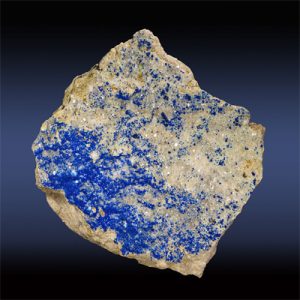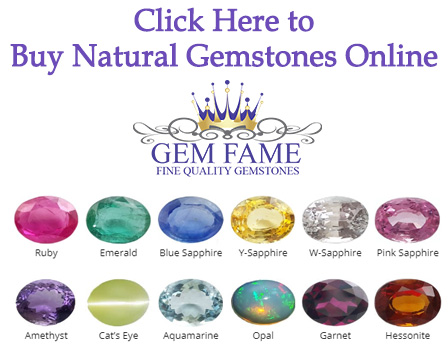Kinoite
Kinoite is a copper that is rather rare that is found in only a few localities around the world. Some of the best specimens result from the Christmas mine in Gila County, Arizona. It is usually linked and covered with small crystals of Apophyllite which will give a specimen a very sparkle that is nice. Cyrstals have become tiny, frequently just about 1.5 mm, therefore the gems that are merely are druzy design cabochons. Massive examples of Kinoite might be a lighter color that is blue minute, individual crystals may be a darker color much like Azurite or Linarite. Kinoite can be found as very rosette that is small that will be comparable in appearance to clusters of Cavansite. Kinoite is also highly pleochroic showing colors from pale blue or pale greenish blue to blue that is deep.
Distribution: In the USA, in Arizona, between Helvetia and Rosemont, Santa Rita Mountains, Pima County, and in the Christmas copper mine, Gila County; in the Bawana mine, about six km northwest of Milford, Beaver County, Utah; as well as in Michigan, in the Laurium and La Salle mines, Calumet, Houghton County and also at the Northwestern mine, Keweenaw County. In Japan in the Fuka mine, Bitchu-cho (Bicchu-cho), Takahashi City, Okayama Prefecture, Chugoku Region, Honshu Island.
| Chemical Formula: | Ca2Cu2Si3O8(OH)4 or Ca2Cu2Si3O10 • 2H2O |
| Calcium Copper Silicate Hydroxide or Hydrated Calcium Copper Silicate | |
| Molecular Weight: | 487.53 gm |
| Composition: | Calcium | 16.44 % | Ca | 23.00 % | CaO |
| Copper | 26.07 % | Cu | 32.63 % | CuO | |
| Silicon | 17.28 % | Si | 36.97 % | SiO2 | |
| Hydrogen | 0.83 % | H | 7.39 % | H2O | |
| Oxygen | 39.38 % | O | |||
| 100.00 % | 100.00 % | = TOTAL OXIDE |
| Crystallography: | Monoclinic – Prismatic |
| Crystal Habit: | As well-formed crystals, to 1.5 mm, tabular on [100], somewhat elongated along [001]; also in veinlets, massive. |
| Twinning: | None |
| Cleavage: | Excellent on {010}; distinct on {100} and {001} |
| Fracture: | n/a |
| Tenacity: | Brittle |
| Moh’s Hardness: | 4.0 – 5.0 |
| Density: | 3.13 – 3.19 (g/cm3) |
| Luminescence: | Not Fluorescent |
| Radioactivity: | Not Radioactive |
| Color: | Light to deep azure-blue |
| Transparency: | Transparent to Translucent |
| Luster: | Vitreous |
| Refractive Index: | 1.638 – 1.676 Biaxial ( – ) |
| Birefringence: | 0.038 |
| Dispersion: | Distinct to relatively weak; r < v |
| Pleochroism: | Strong; X = pale greenish blue; Y = blue; Z = deep blue |


